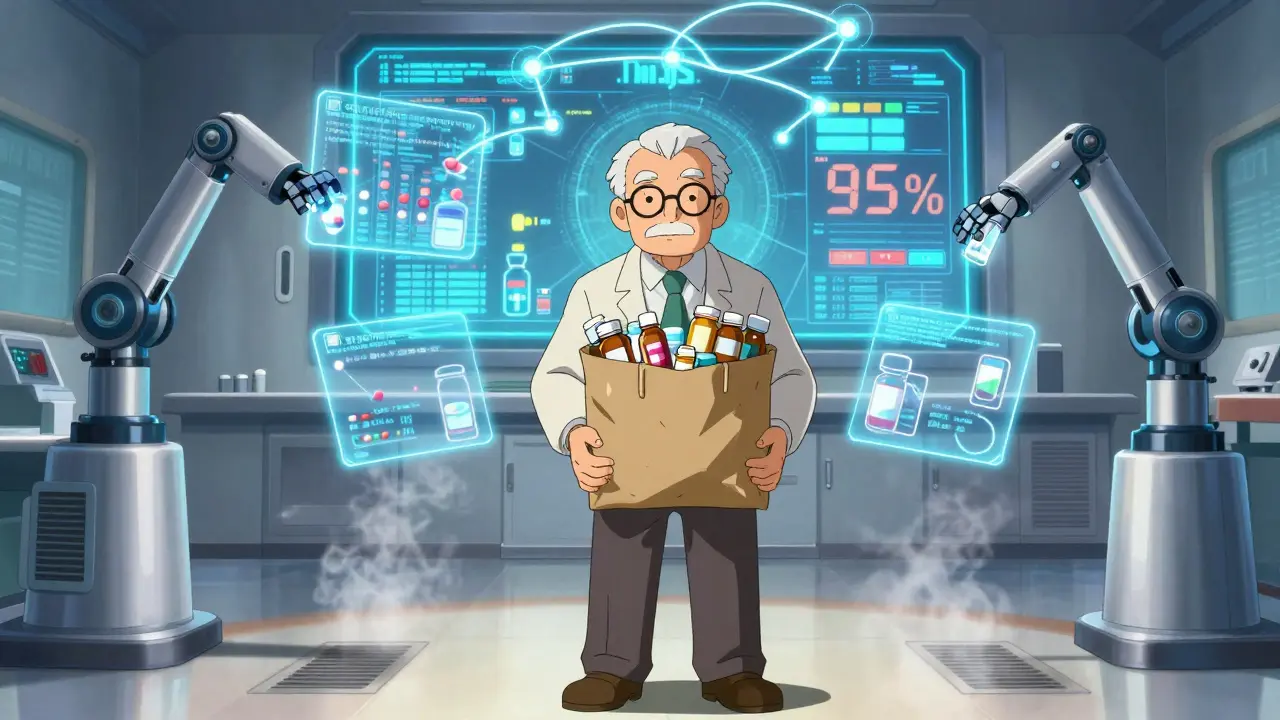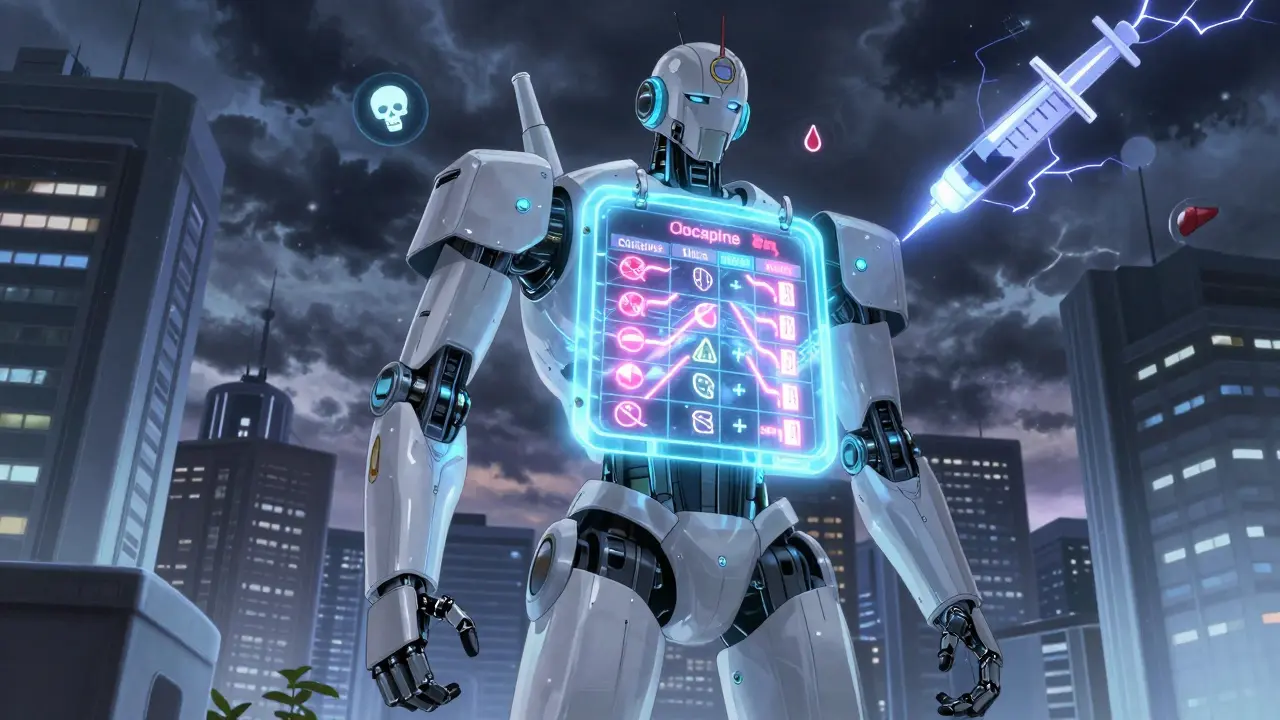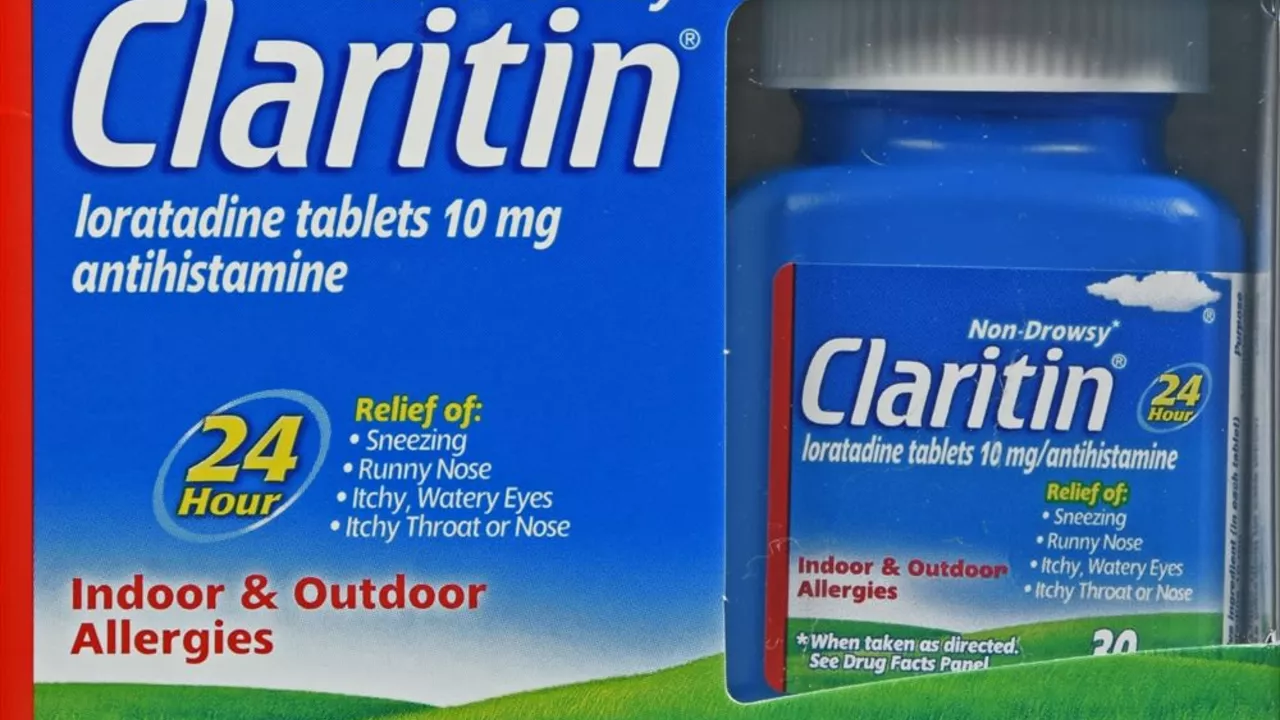Medication safety: simple steps to avoid mistakes and stay healthy
Medication errors — taking the wrong dose, mixing drugs that clash, or using a medicine the wrong way — are common and often preventable. You don’t need a medical degree to reduce risk. A few clear habits will cut mistakes and keep treatment working as it should.
Know what you take and why
Keep a single list of every medicine you use: prescription drugs, over-the-counter pills, vitamins, and herbal supplements. For each item note the dose, how often you take it, who prescribed it, and the reason. Bring this list to every doctor or pharmacy visit. If a new drug is offered, compare it to your list — that single habit catches most interaction problems.
Ask your prescriber or pharmacist three simple questions: what is this for, how and when do I take it, and what side effects should I watch for? If the answer is unclear, ask again. Never start or stop a medicine without checking first, even if a friend recommends it.
Practical checks, storage, and safe habits
Use one pharmacy when you can. Pharmacists can spot interactions and duplicate therapies only if they have your full medication record. If you must use multiple sources, share your med list and pharmacy details with each provider.
Read labels every time. Confirm the drug name, strength, and dose before you take it. Pill appearance can change between brands; rely on the label, not how a tablet looks. Set alarms or use a pill organizer to avoid missed or double doses.
Store medicines in a cool, dry place away from children and pets. Some drugs belong in the fridge — check the label. Dispose of expired or unused meds safely; many communities offer drug take-back programs. Flushing pills can harm the environment.
Be cautious with substances that can interact with meds: alcohol, grapefruit juice, and certain supplements like St. John’s wort often cause problems. If you travel, bring extra medicine and a copy of your prescription details. Keep contacts for your pharmacy and doctor handy.
If you notice new symptoms after starting a medicine — fainting, severe rash, breathing trouble, or sudden mood changes — stop the drug if advised and contact a healthcare professional immediately. For life-threatening signs, call emergency services without delay.
Caregivers: organize meds with a chart, review them weekly, and store them where only you can reach them. Teach family members which pills are for which problem so nobody takes the wrong one by mistake.
Small routines prevent big problems. Keep your med list updated, ask clear questions, use one pharmacy, and store drugs safely. When in doubt, call your pharmacist — they are trained to help and can often solve issues faster than a clinic visit.




